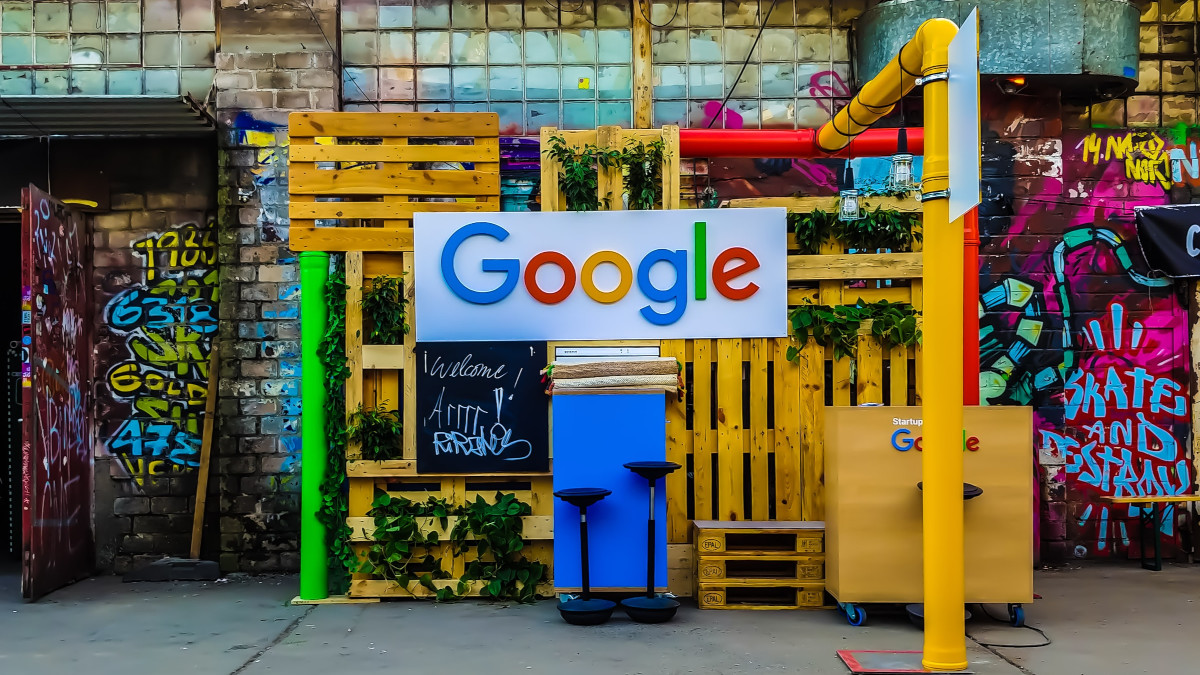Google has launched two new features which affect the search results: Continuous Search and Continuous Scrolling. Find out here what these are and why it will take longer for you in future to log into your Google account.

Photo: Rajeshwar Bachu/Unsplash.com
Update for Google Chrome: Continuous Search in the mobile search
It is actually only a small new feature in the mobile search function of the Google Chrome browser – but for companies, it can have a grave impact. With the so-called Continuous Search navigation feature, the user is directly led to other search results, those from the competition, upon clicking on a search result, without ever having to press the “Back” button.
The alternative search results are displayed below the browser’s address bar, in a row of tabs. The fear: the feature could accelerate the bounce to competitors as soon as the user on the website being visited does not immediately find what they are looking for.
As of November 2021, the change will be beta-tested in the Android version of Google Chrome. Advertising companies will not be affected by the update, because the change is currently being realised only in the organic search function. If a website is visited via a paid ad, the visitor will not see any tabs from the competition. Everything will also remain the same even when a featured snippet is opened.
Continuous Scrolling: all the results on a single page
Another new feature concerns ads in a search result that have not been able to appear on the first page. Because many Internet users start a new search before ever visiting the second page, Google has introduced the so-called Continuous Scrolling feature. Thanks to this, users automatically see additional search results as soon as they reach the end of a page. Google loads the results of up to four additional pages. Only then does the visitor have to actively click a button to view more entries. Especially for broadly formulated searches, like for recipes, the next pages often also provide answers which are not found on the first page, according to Google.
The hard border between the ten best results and the remaining hits is therefore eliminated. Companies who have ranked at the bottom for certain keywords can profit from this new function. In turn, the more established websites will have to reckon with losses. When it comes to the information about the position in the performance report provided by the Google Search Console, nothing will change.
To what extent these changes will also affect Google Ads is still not known. Ad customers may notice changes to their campaigns, for instance – both in terms of the number of clicks as well as the average click price (CPC).
These changes will first be realised for the English-speaking search in the USA. But normally, such updates make their way to Europe after just a few months.
Two-factor authentication will become mandatory
And since 9 November 2021, an additional change will enter into force on Google: the mandatory two-factor authentication. Each user receives a prompt on their smartphone upon logging into their Google account. Only once this prompt is confirmed, in other words the smartphone owner is shown to be identical with the account holder, is the login accepted. This step aims to protect the account from access by third parties.
